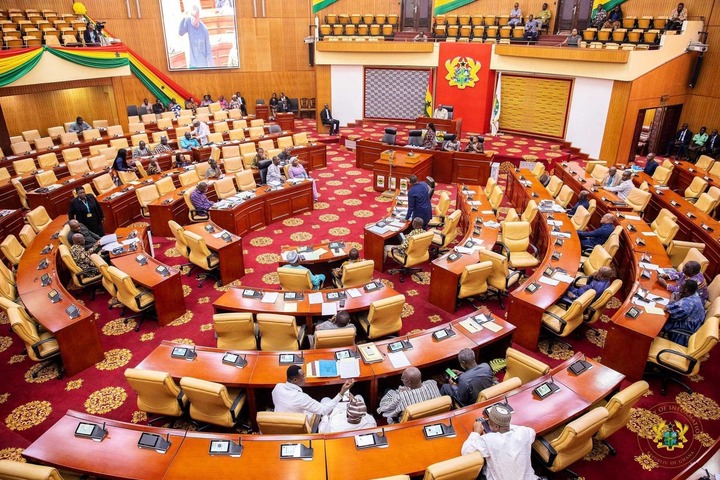A legal practitioner has clarified that Ghana’s Parliament lacks constitutional authority to declare legislative seats vacant due to absenteeism, emphasizing that such power belongs exclusively to the High Court.
Austin Kwabena Brako-Powers, a governance analyst and lawyer, has stated that under Ghana’s 1992 Constitution, Parliament lacks the authority to declare a Member of Parliament’s seat vacant for absenteeism, stressing that such power lies solely with the High Court. His intervention comes as Speaker Alban Bagbin recently warned MPs that continued absence from parliamentary proceedings without permission could result in them vacating their seats.
While Article 97(1)(c) of the Constitution addresses circumstances under which MPs’ seats become vacant, Article 99(1)(a) gives the High Court, not Parliament or the Supreme Court, the power to decide whether a person has been validly elected as a member of Parliament or whether the seat of a member has become vacant. This means only the judiciary through the High Court has authority to determine seat vacancies.
Brako-Powers’ clarification highlights an important constitutional distinction between declaring and adjudicating seat vacancies. Parliament plays an administrative role in informing the Electoral Commissioner of a vacancy under Article 112(5) and (6), but the composition of Parliament can only be altered by an election or by-election.
The timing of this legal opinion is notable given Speaker Bagbin’s October 29, 2025 expression of strong displeasure over persistent absence of lawmakers from parliamentary sittings. The Speaker revealed he had received attendance records but chose not to publish them initially, hoping behavior would improve.
Bagbin admitted his decision not to publish attendance records “looks like that was a catastrophic mistake I made,” and said he should have brought it out and referred members to the Privileges Committee. He subsequently gave directives to parliamentary clerks to record attendance for the current meeting.
The constitutional framework for seat vacancies became a major issue last year when Speaker Bagbin declared four MPs’ seats vacant over party switching, triggering a Supreme Court challenge. That controversy centered on Article 97(1)(g) and (h), which address MPs leaving their parties, rather than absenteeism provisions.
Legal scholars have argued that the Speaker has no role in the declaration of vacancies in Parliament, and that changing Parliament’s composition by mere declaration is at odds with the law. The High Court remains the proper constitutional venue for determining whether a seat has legitimately become vacant.
Brako-Powers’ statement serves as a reminder that while Speaker Bagbin can enforce parliamentary rules through the Privileges Committee, the ultimate determination of seat vacancies requires judicial intervention through constitutionally prescribed channels.
